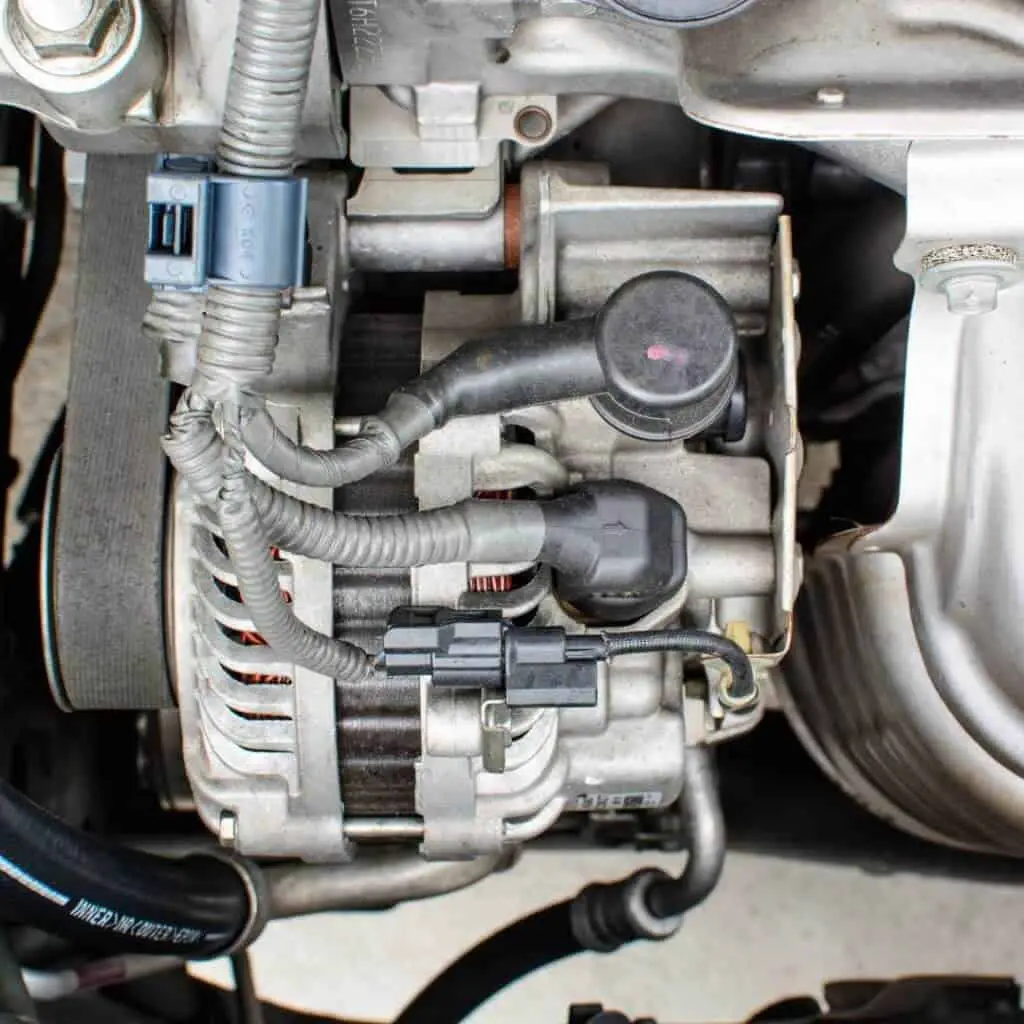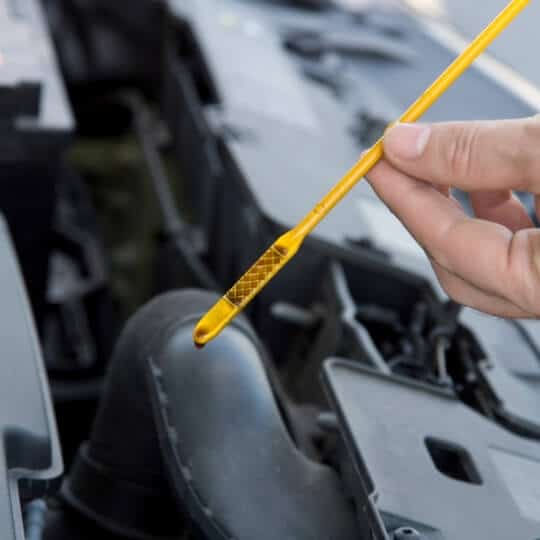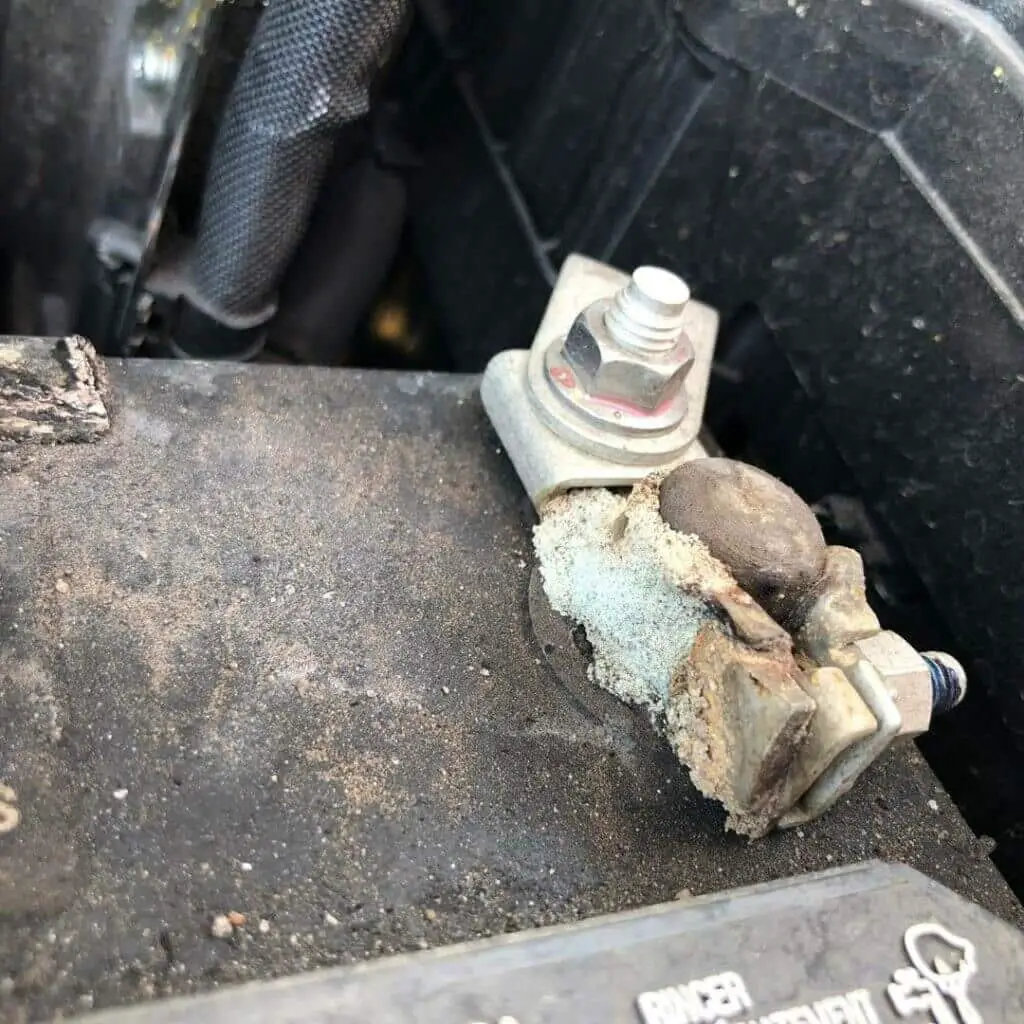Cars are not just a single-time payment. All brands require regular service and maintenance. But are Volkswagens expensive to maintain? Well, it depends.
Are Volkswagens expensive to maintain?

Every brand has certain strengths which bolster its popularity as well as attractiveness. In fact, most issues of buying and keeping a car stem from the money we have to invest in maintaining them. It’s no different for Volkswagen models, which will incur payments just like any other vehicle. However, is maintaining these cars expensive? [1]
How does Volkswagen rank in terms of maintenance costs?
The model and year of a car can impact its maintenance cost. This variability in price often stems from certain parts becoming outdated or cheaper to replace while others maintain their cost. That’s why most estimates are made on a manufacturer-based system.
In terms of average costs of maintenance, Volkswagen ranks 22nd among global car manufacturers. It has been estimated that within a decade, maintaining a Volkswagen car will cost you around $7,800. This is a significant number even when compared to other manufacturers, but there is a reason for that.
Requirement of special tools
Volkswagen cars require special tools in order to be maintained and repaired. This is due to the way their parts are affixed and connected. Therefore, reliance on special tools is the main problem for Volkswagen cars. [2]
Often, smaller mechanic shops won’t even stock the required tools due to the price tag and because they don’t get many Volkswagen cars in the shop. This could mean you’ll have to wait for them to obtain these tools and pay extra for the treatment or drive to a different shop with potentially higher prices
Do Volkswagen require a lot of maintenance?

The maintenance price can be increased further if a car needs frequent visits to the shop. Inherent issues with the manufacturer or their model, as well as the type of checks necessary, can heavily affect the amount of maintenance required. Volkswagen cars are above average in terms of maintenance cost, but how reliable are they?
- Reliability of Volkswagen cars
In terms of reliability, Volkswagen usually ranks decently well. The Volkswagen Reliability Rating is currently 3.5 out of 5.0. Placing them at the 12th spot globally.
The placement is calculated between 32 car brands globally, which puts Volkswagen at a bit better than average position. The rating itself wasn’t based solely on a single model, instead being a cumulative score between 345 unique models of Volkswagen cars. [3]
As always, the reliability may change depending on the model. For example, the new Volkswagen Beetle reached a 4.0 reliability rating, but the general manufacturer rating is what paints the base reliability of models.
In general, this reliability rating means that Volkswagen cars don’t require a much higher level of maintenance. However, a regular check every six months or so should keep your Volkswagen in top shape and is recommended even for models with above-average reliability.
Are Volkswagen expensive to fix?

Following maintenance and reliability concerns, it makes sense to check how expensive these vehicles are to fix. The price of fixing a car can heavily spike if it uses special parts which incur extra costs. We already know Volkswagens require special tools, but how much would a replacement part cost you? That’s something we’ll dive into next.
Volkswagen service cost estimate
Now we will look into the breakdown of expenses you can expect to bear when purchasing a Volkswagen car. Although we will only cover the most common of these to give you a proper idea of the overall service costs you may bear, a lot of the complex and uncommon treatments change in price depending on the severity, so it’s difficult to speculate on them.
- Oil change
Oil change ranks pretty high among the important services that need to be performed. Changing our vehicle’s oil plays a key part in preventing various mishaps. The issues can become quite far-reaching, affecting the entire engine or even spreading to other systems within the car.
To change the oil in a Volkswagen, you can expect to pay around $115.00. The frequency of this service will depend on the consistency of your car use. While most car experts recommend switching oil every 3,000 miles, Volkswagens are capable of driving far more than that without changes. The official website recommends changing oil every 10,000 miles unless you are driving a VW Routan, in which case it’s 6,000 miles.
- Breaking Fluid replacement
Good breaks are mandatory for safe driving. Even a split second can make a difference between a collision and an averted crisis. This is why brakes should be maintained and the breaking fluid consistently replaced. It is no different for Volkswagen cars, and the breaks will begin to rust and corrode if the brake fluid isn’t replaced often enough.
The cost of this service will cost you around $142.00. However, consider it a payment that keeps away higher-cost repairs at bay. Lack of brake fluid replacement could lead to much more expensive costs. The priciest of which could involve replacing the entire braking system. For Volkswagens, the fluid should be replaced every two years for consistent performance.
- Spark Plugs
If you are driving a Volkswagen car with a petrol engine, you’ll require some extra maintenance to replace the spark plugs. Spark plugs are a key component during fuel ignition, which causes the spark that starts the entire process and releases power that moves our car.
This somewhat costly service requires between $184 and $252. The saving grace is that it is a service diesel engine won’t require due to operating differently.
Even for petrol engines, it is also not a frequently required service. A petrol engine of a Volkswagen can run for over 30,000 miles before potentially needing a replacement. [4]
- Tire Rotation and Balance
Another important service is tire rotation and balance. As you can imagine, tires allow us to control the car better and get accurate turns. However, without their proper maintenance, our car may skid or slide across the ground if the weather isn’t perfect, which is why rotation and balance of tires end up being key.
For Volkswagen cars, this service will cost us $69.00 and should be done every 6,000 to 8,000 miles. So if you are looking at it in terms of passed the time rather than crossed miles, this service should be performed once every six months. So at most twice a year for those who do not drive their cars as intensely.
VW cost vs other manufacturers

We’ve seen how Volkswagen ranks and how much it costs compared to global manufacturers. But what happens when we directly compare it to some of the other manufacturers?
Volkswagen Maintenance Cost vs Honda
The maintenance of Volkswagen cars usually gets hiked up due to special tools required and the potential extra searching needed for a mechanics shop that can provide us with those tools and the services we require.
Honda has cheaper service costs and yearly maintenance costs of about $400. This makes it a cheaper choice while still offering a decent bit of reliability. Honda models are definitely worth a look, and their overall quality has stayed quite consistent throughout time.
Volkswagen maintenance cost vs Toyota
Volkswagen is above Toyota in terms of maintenance as well. Toyota’s yearly maintenance is around $441, which is about 30% cheaper than maintaining a Volkswagen. The prices of individual service costs are also quite a bit cheaper, so even on a more granular basis, Toyota will be far less impactful on your wallet.
Total Cost of VW Maintenance
To once again touch on the price of maintenance, Volkswagens aren’t necessarily expensive to maintain but neither are they cheap. They fall somewhere in the middle and can be considered as a good option even if your pockets aren’t too deep. Keep in mind the overall needs and reliability of a model too, this could cut down the price of maintenance considerably.
Volkswagen common problems

Every manufacturer has certain problems that frequently occur with their cars. Even the most reliable cars may possess common problems. Thankfully, most if not all of these are easily solvable. However, it pays to be informed about them just so we can know what to expect.
- ABS light
The ABS light, otherwise known as brake light, only lights up when a wheel speed sensory or the ABS control module fails. The problem may not be as great and could only require minor cleaning of the speed sensor.
However, some Volkswagen owners may experience the ABS and brake lights flashing and giving off three beeps. Usually, the fault is tied to the ABS sensor, hand brake switch, and sometimes low brake fluid. This could affect your driving capabilities, so do check it out.
- Vehicle overheats
Volkswagen cars usually have cooling systems that contain a small amount of coolant. This means your car could end up in a situation where the available cooling isn’t enough to help the heat produced by the engine.
When that happens, the car will start to overheat. Volkswagen cars have frequent issues with the cooling system. Whether it’s a coolant leak, failing coolant reservoir, improper air flow, or anything else, the eventual result will be overheating.
- Oil leaks
The cars from Volkswagen can have a pretty bad time with oil leaks. These leaks aren’t necessarily an issue in on themselves but can easily lead to various other issues.
The oil will frequently leak from the weakest parts of the system, which include cover gaskets, camshafts, seals, and plugs. These locations are most likely to suffer malfunctions and then spread the problems to the rest of the car. [5]
Oil and other types of leaks can lead to problems with the battery. Even leading to corrosion of your car battery.
Read Next: VW Eos Problems
Conclusion
As we can see, while some Volkswagen maintenance can cost a pretty penny, the vehicles by this manufacturer are still just somewhat above average in maintenance costs.
Volkswagen cars are reliable, which means the cost of repairs and service costs won’t be as frequent despite being somewhat pricey when it rolls around. Even parts parts are a bit cheaper compared to premium brands such as Audi and BMW.
The overall situation still leaves Volkswagens as a good choice. Especially if you aim for the more reliable and light on maintenance models from this manufacturer.
Read Next: Glow Plug Light Flashing VW




